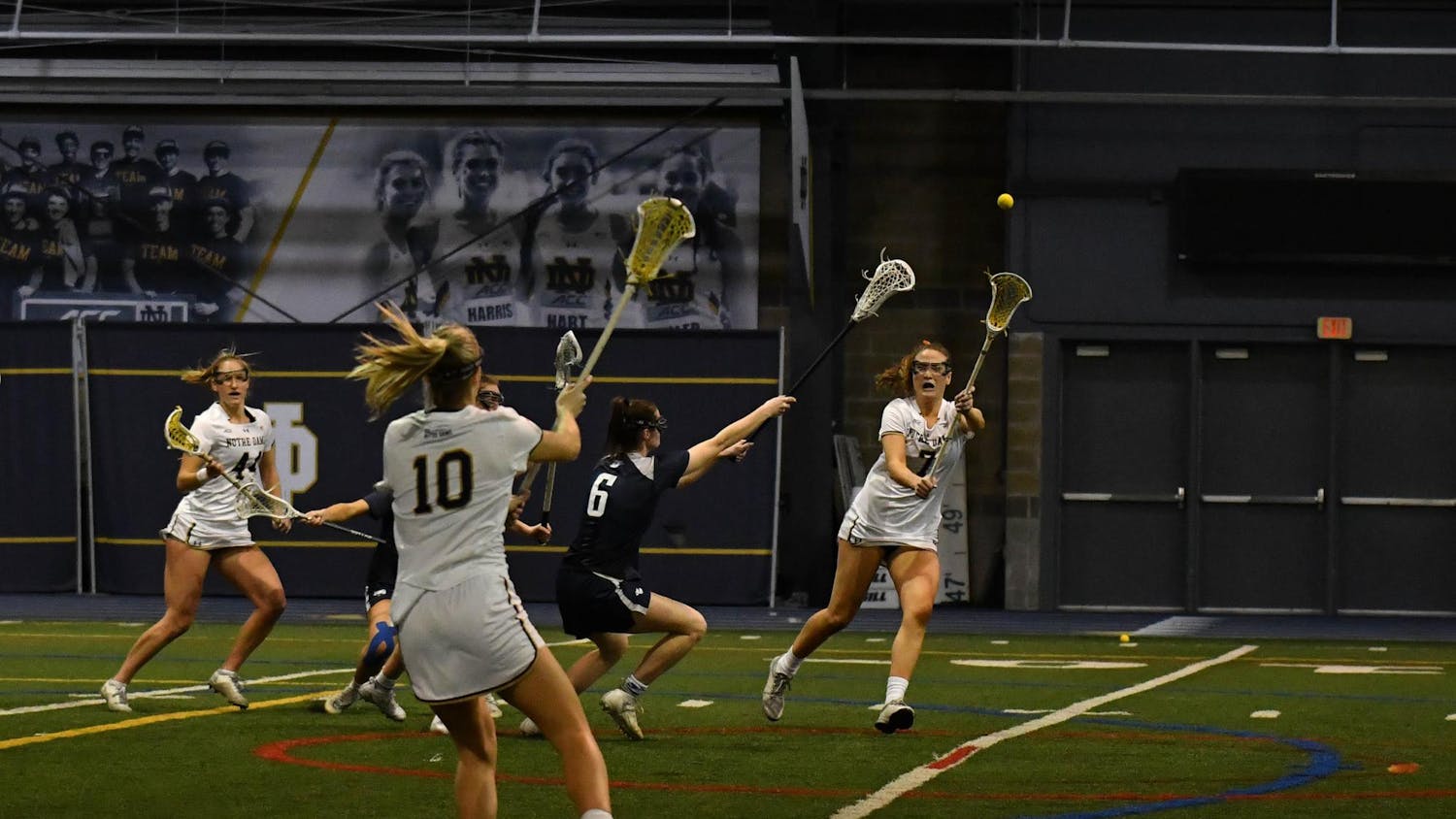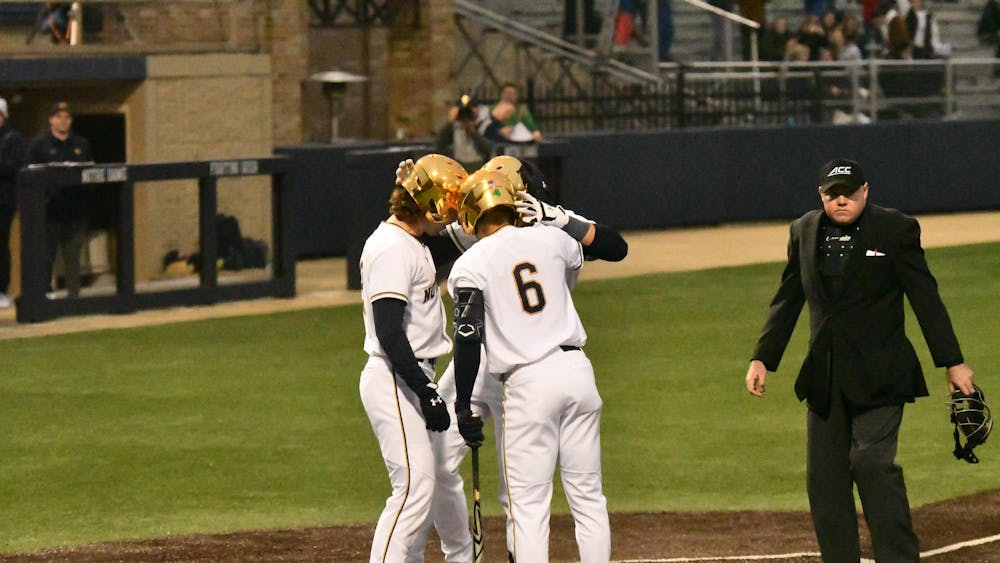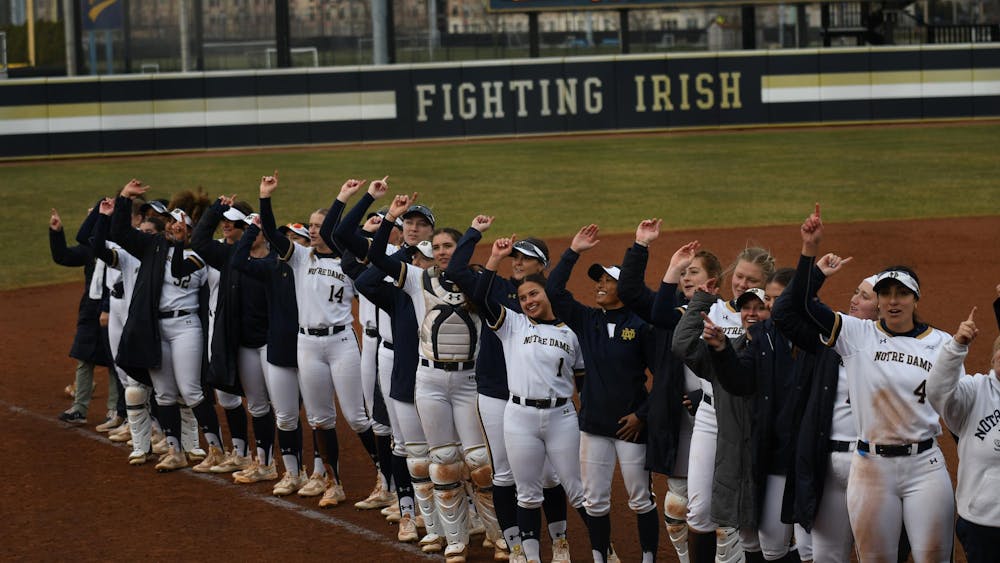I’m a big fan of the Olympics. But, like many, I find it extremely annoying trying to avoid spoilers.
Having the end of events spoiled for me has me considering pulling a Count of Monte Cristo by going into hiding for the next week. Beyond that, it has me thinking: media outlets and reporters are willing to do just about anything to boost ratings, get page views or increase buzz on a story.
ESPN, CBSSports and other media outlets used to post spoiler alerts for these types of events – Yahoo! Sports still does – but in today’s Twitter world, that’s almost impossible to hope for.
For sites like ESPN, what better way is there to knock NBC’s primetime slot than to tweet, text or alert fans to the latest breaking Olympic news? ‘Oh, trust me, Mr. Bob Fan, you don’t want to wait until tonight to watch Shaun White fall on his butt. Come read our three articles on what went wrong, and since you already know what happened, you might as well not watch tonight!’ (Of course, these outlets could very well simply be reporting the news, but the cynic in me says no, and, besides, that doesn’t make a good column.)
Honestly, though, it doesn’t bother me that much. I had a South Bend fourth-grader almost spoil the White result for me, too, and I probably would have checked Twitter or Facebook that day, as well. So, there’s really no way to get away from it.
What did bother me was how uncomfortable I felt during NBC’s post-race interview Saturday with U.S. skier Bode Miller, an episode I found much more egregious of this ends-justify-the-means strategy.
To fill in those who missed it, Miller – who had failed to medal in both the downhill and super combined events earlier in the week – had just won the bronze medal in the super-G. It was Miller’s sixth Olympic medal, the most of any American skier in history.
NBC reporter Christin Cooper approaches Miller, and when the tape rolls she asks him the classic questions a 36-year-old in the twilight of his career would be asked, inquiring how it felt to win a medal at his age, if there was “a lot of emotion riding on this race,” and so forth. Miller, unprovoked, brings up his deceased brother, Chelone, who passed away last year of a seizure.
At that first mention of his brother, Miller already starts choking up, but Cooper feels the need to ask him about it again. Miller was still emotional but answered the question without too much of an issue.
That’s when it should have ended. But Cooper asks again, recounting to Miller how he and his brother were going to enjoy together what’s expected to be Miller’s last Olympics.
At this point, Miller was sobbing, holding his bodyweight up by the railing in front of him. NBC could easily have cut back to the studio, but the network doesn’t. It lingers on Miller as Cooper awkwardly lays her hand on him in a sort of pseudo-comforting pose.
Miller has since Tweeted his support for Cooper, claiming it was well within the boundaries to ask him further about his brother’s death, but the interview is still the capstone on what has been a troubling trend in this year’s Olympic coverage.
The Salt Lake Tribune is currently compiling a list of all the athletes who have had the media report on the death of a friend or relative, and all you need to know about it is this: it’s long. I don’t know why the coverage of these athletes, who have complex backstories and achieve worldwide media prominence once every four years, has to be whittled down to a death or family hardship, but it is.
Bode Miller is a 36-year-old near the top of his sport and a man whose life has had more turns and jumps than an Olympic downhill course. You don’t have to reduce him to tears to show that to America.
The views expressed in this Sports Authority are those of the author and not necessarily those of The Observer.













